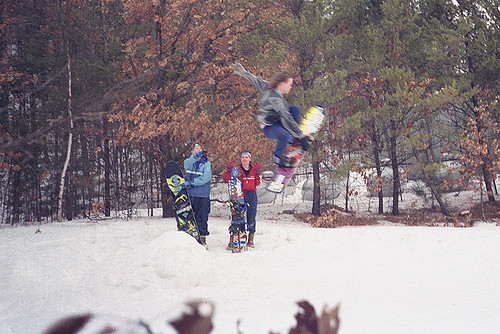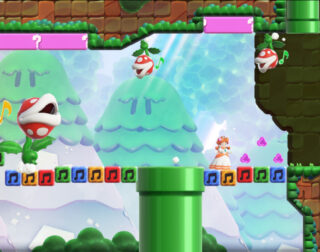Certain stereotypes surround extreme athletes. But kids who enjoy skateboarding, snowboarding, and surfing are practicing major executive functions that actually grow their brains and make them calmer, better thinkers. Skateboarding, surfing, and snowboarding are sports that require balance and bodily awareness. Some kids are naturally attracted to skateboarding, surfing, and snowboarding, and many kids who take up one of these sports can readily learn another. However, mastering the tricks and form that separate casual participants from devotees requires practice, focus, self-awareness, working memory, and self-control.
For many kids with ADHD and executive-functioning difficulties, these sports carry a degree of risk that makes them incredibly alluring. These are sports that are exciting and a bit dangerous, making them an ideal opportunity to experience sustained focus and the stimulation of dopamine reward pathways of the brain. It’s not accidental that many of the greatest extreme sports athletes have been diagnosed with ADHD.
For parents who have kids with ADHD, pushing them towards these high risk sports may be an opportunity not only to build self-esteem but also to improve executive functions and social-emotional learning skills (SEL).
Here are some of the ways that skateboarding, surfing, and snowboarding can be used to talk about these skills and practice them.
Executive Functions Used:
Focus – Skateboarding, surfing, and snowboarding require intense concentration. In order to land a trick, kids need to concentrate and focus on the specific motions required. Distraction increases the chance of failing or making a mistake. Successfully completing and mastering a trick takes a lot of practice, rarely happening on the first try, and kids need to remain focused while practicing the same trick over and over in order to master it properly. Focus is also important in children being aware of their surroundings. Children who become distracted may not notice another skateboarder or snowboarder or pick up on a wave heading in their direction. Focus allows children to be prepared for sudden obstacles in their path.
Planning – Children who like to skateboard, snowboard, or surf have the opportunity to plan out what tricks they would like to accomplish and when. You might have them write out a schedule that will help them to achieve all of their “trick goals.” Having a plan with goals in mind can allow children to feel accomplished once they are able to cross a trick off their list.
Self-Control – Not being able to master a trick can be very frustrating for kids when it comes to skateboarding, snowboarding, or surfing. Children can practice self-control by not letting themselves get frustrated or upset and deciding to give up, instead thinking about what they are doing wrong and trying the trick using a different approach. It is important that they maintain a positive attitude when learning a new trick, as they will often fail many times before succeeding. Self-control will be helpful in this regard and allow them to succeed in the long run.
Does your child enjoy an extreme sport? How can you help them translate this physical activity to real world skills?
Featured image: Flickr user PJ Nelson





